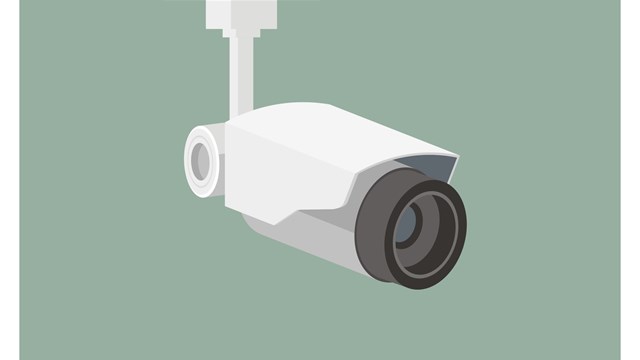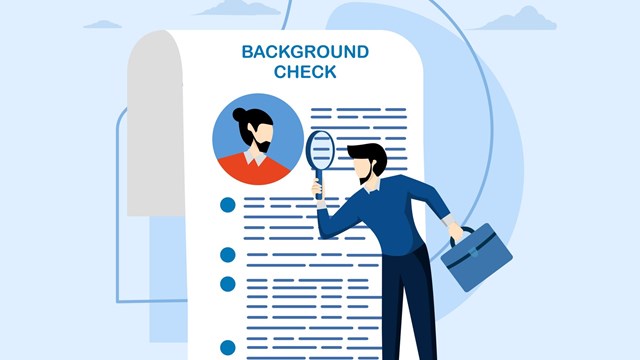Q Is it legal for the board to take the shareholders’ tax benefit credit every year without their consent, as a special assessment
and a second assessment as well, within six months apart? I received the letter
about this, contacted the board to complain and requested an explanation. Their
answer was: fuel costs and other expenses but there is no improvement in the
building. What should I do about this ?
—Upset Shareholder
A “Many cooperative boards of directors pass assessments to recapture the abatement
and tax credit authorized by Real Property Tax Law Section 467-a, rather than
raise maintenance to levels sufficient to meet operating expenses, says David
L. Berkey, a partner with the Manhattan-based law firm of Gallet Dreyer & Berkey, LLP. “ The rationale for this conduct is two-fold. First, that the assessment payable
by shareholders will be offset by the tax credit appearing on their monthly
statement, so they will not be "out of pocket" for the amount of the assessment
and will be less likely to object to it. Second, and more important, is the belief that by keeping maintenance low, the
market value of apartments will remain higher. This is because purchasers
consider the monthly maintenance when they determine how much they are willing
to pay for an apartment. They are less likely to factor in the annual cost of assessments. If other
factors which determine the value of an apartment, such as apartment size,
location and amenities are the same, an apartment with lower monthly
maintenance should command a higher market price.
“Although it is legal for the board to pass such assessments, it is not always
the best policy. When the tax abatement program ends (currently, it is scheduled to end in 2011),
the board will be required to pass a large maintenance increase to obtain the
funds needed for operations, because there will be no tax credit to recapture. Also, the board and shareholders may have a false sense of true operating costs
and the need to raise maintenance while this assessment program is used, and
may not be diligently focusing on ways to keep operating and maintenance costs
as low as possible.
“For these reasons, we recommend that boards pass a budget where maintenance
charges meet true operating expenses. The shareholders' annual out of pocket
expense is the same because they still obtain the tax credit as an offset to
their maintenance bill in the month that the tax credit is received by the
cooperative. Assessments are not being used to keep maintenance artificially
low, so the building will not be tagged as one which uses ‘creative accounting’ to fund its operating budget.”







Comments
Leave a Comment